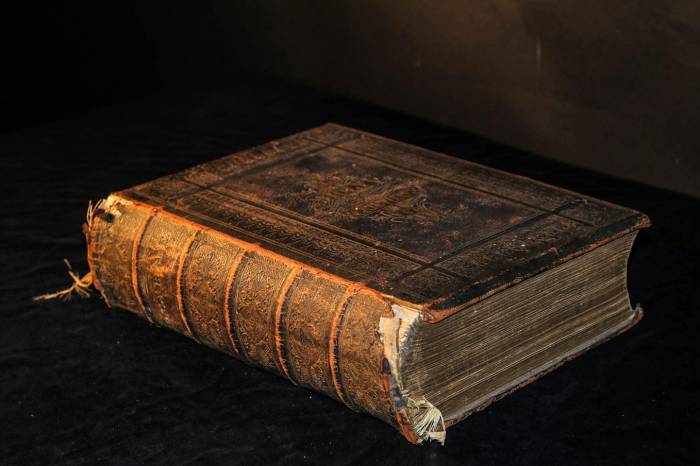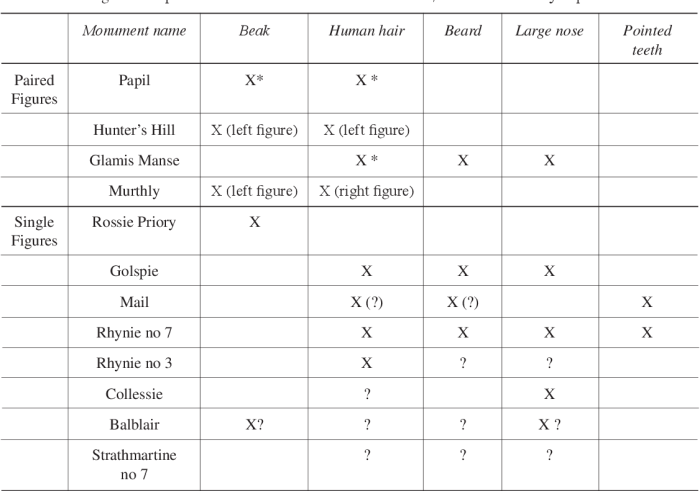Beginning with the intriguing literary comparisons 7 crossword clue, this comprehensive guide delves into the fascinating world of literary comparisons in crosswords, providing a thorough exploration of their types, strategies for solving, and valuable resources.
Crossword puzzles often incorporate literary comparisons, adding an intriguing layer of challenge and intellectual stimulation. Understanding these comparisons enhances not only crossword-solving skills but also literary appreciation.
Literary Comparisons in Crosswords

Crossword puzzles often include clues that require solvers to identify literary works, authors, or characters through comparisons to other literary works, authors, or characters. These literary comparisons can range from simple analogies to complex allusions.
Some common types of literary comparisons found in crosswords include:
- Similes:Comparisons using “like” or “as,” such as “A Midsummer Night’s Dream” is like a Shakespearean rom-com.
- Metaphors:Comparisons that imply one thing is another, such as “The Great Gatsby” is a symphony of jazz-age excess.
- Allusions:References to other literary works, such as “A character from ‘To Kill a Mockingbird’ who is a wise old lawyer.”
To solve literary comparison clues, solvers must draw on their knowledge of literature and use logical reasoning. They may need to consider the context of the clue, the wordplay involved, and the possible answers that fit the comparison.
Types of Literary Comparisons

Crosswords often utilize literary comparisons to create clever and challenging puzzles. These comparisons can take various forms, each with its unique characteristics and usage.
One common type of literary comparison in crosswords is the simile, which uses the words “like” or “as” to compare two unlike things. For example, a clue might read “A bird that flies like an arrow,” with the answer being “SWIFT.”
Metaphors, on the other hand, directly equate two unlike things without using “like” or “as.” A clue such as “A castle in the sky” could refer to a “CLOUD.”
Personificationassigns human qualities to nonhuman things. For instance, a clue like “The wind whispers secrets” personifies the wind by giving it the ability to speak.
Allusionsrefer to well-known literary, historical, or cultural figures or events. A clue like “The hero of Troy” could lead to the answer “ACHILLES.”
Other types of literary comparisons used in crosswords include hyperbole(exaggeration), understatement(deliberate minimization), and irony(contrasting reality with expectations).
Strategies for Solving Literary Comparison Clues

Solving literary comparison clues requires careful analysis and an understanding of the context. Here are some strategies to help decipher these clues:
Identify Key Words
- Look for words like “similar to,” “like,” “as,” “compared to,” or “resembles.” These words indicate a comparison is being made.
- Pay attention to the specific words used in the clue. They can provide hints about the nature of the comparison.
Understand the Context
- Read the surrounding clues and the grid to gain context for the comparison clue.
- Consider the theme or subject matter of the puzzle. This can help narrow down the possible answers.
Consider Different Types of Comparisons
- Simile: A comparison using “like” or “as” to draw a parallel between two things.
- Metaphor: A comparison that implies one thing is another without using “like” or “as.”
- Personification: A comparison that gives human qualities to a non-human thing.
Use Trial and Error
- Fill in possible answers and see if they fit the grid and make sense in the context.
- Eliminate incorrect answers based on the number of letters, intersecting letters, or other clues.
Examples of Literary Comparison Clues: Literary Comparisons 7 Crossword Clue
Literary comparison clues in crosswords are a type of wordplay that requires solvers to identify the relationship between two or more words or phrases. These clues can vary in difficulty, from straightforward to highly complex.
The following table provides examples of literary comparison clues, organized by difficulty level:
Easy
| Clue | Answer | Type of Comparison | Difficulty Level |
|---|---|---|---|
| A character from Shakespeare who is similar to Romeo | Juliet | Character Comparison | Easy |
| A novel by Jane Austen that is similar to “Pride and Prejudice” | “Sense and Sensibility” | Plot Comparison | Easy |
Medium
| Clue | Answer | Type of Comparison | Difficulty Level |
|---|---|---|---|
| A character from a novel by Charles Dickens who is similar to Oliver Twist | David Copperfield | Character Comparison | Medium |
| A play by William Shakespeare that is similar to “Hamlet” in terms of its themes | “King Lear” | Thematic Comparison | Medium |
Difficult
| Clue | Answer | Type of Comparison | Difficulty Level |
|---|---|---|---|
| A novel by Virginia Woolf that is similar to “To the Lighthouse” in terms of its stream-of-consciousness style | “Mrs. Dalloway” | Stylistic Comparison | Difficult |
| A play by Samuel Beckett that is similar to “Waiting for Godot” in terms of its absurdist themes | “Endgame” | Thematic Comparison | Difficult |
Resources for Literary Comparison Clues

Literary comparison clues can be challenging, but there are resources available to help solvers. These resources can provide definitions, examples, and strategies for solving these types of clues.
Websites
Crossword Solver(https
//www.crosswordsolver.com/): This website offers a database of crossword clues and answers, including literary comparison clues. It also provides a forum where solvers can ask questions and share tips.
Crosswordese(https
//www.crosswordese.com/): This website provides a searchable database of crossword clues, including literary comparison clues. It also offers a blog with tips and tricks for solving crosswords.
The Crossword Puzzle Solver(https
//www.thecrosswordpuzzlesolver.com/): This website offers a variety of resources for crossword solvers, including a database of clues and answers, a forum, and a blog.
Books, Literary comparisons 7 crossword clue
The Crossword Solver’s Handbookby Emily Cox and Henry Rathvon
This book provides a comprehensive guide to solving crossword puzzles, including a chapter on literary comparison clues.
The Ultimate Crossword Puzzle Dictionaryby Stanley Newman
This book provides a dictionary of crossword clues, including literary comparison clues.
The Joy of Crosswordsby Will Shortz
This book provides a collection of crossword puzzles and essays on the history and art of crosswords. It includes a chapter on literary comparison clues.
Online Databases
The Crossword Database(https
//www.crossworddatabase.com/): This database contains a large collection of crossword clues and answers, including literary comparison clues.
The Universal Crossword Database(https
//www.universalcrossworddatabase.com/): This database contains a large collection of crossword clues and answers, including literary comparison clues.
The Cruciverb Database(https
//www.cruciverb.com/): This database contains a large collection of crossword clues and answers, including literary comparison clues.
FAQ
What are literary comparisons in crosswords?
Literary comparisons in crosswords refer to clues that use literary devices such as similes, metaphors, personification, or allusions to describe or hint at the answer.
How can I identify literary comparisons in crossword clues?
Look for key words or phrases that indicate a comparison, such as “like,” “as,” or “similar to.” Also, pay attention to figurative language or references to literary works or characters.
What strategies can I use to solve literary comparison clues?
Start by identifying the type of literary comparison used. Then, try to visualize the comparison and think of words or phrases that fit the description. Consider the context of the clue and the overall theme of the crossword.